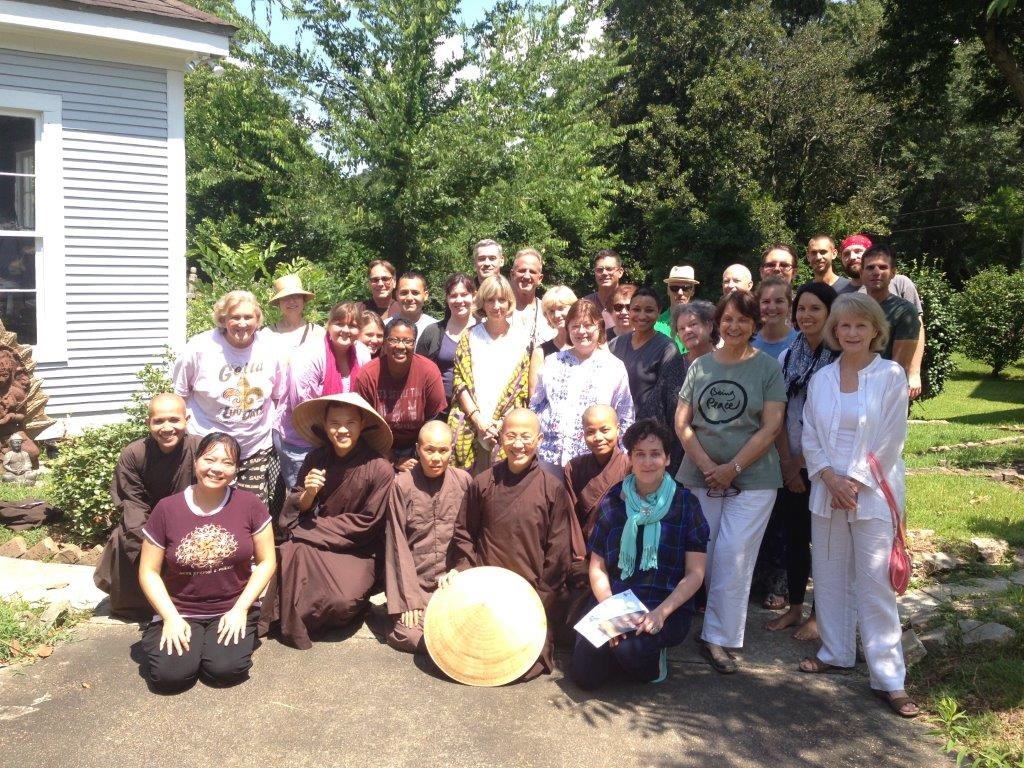 I know, I know. You’re most likely thinking you are the one who has been wronged and need an apology not the other way round. And, most likely, you’re right. But (you knew it was coming), victim and victimizer are like a see-saw. We know how to play both roles.
I know, I know. You’re most likely thinking you are the one who has been wronged and need an apology not the other way round. And, most likely, you’re right. But (you knew it was coming), victim and victimizer are like a see-saw. We know how to play both roles.
This article will help you get relief. By this time in life, you probably have a story about the time(s) when you were wronged. It could be when you were abused or treated unfairly by people you love or harassed at work. Fill in you blank. We all have an inner story like this.
- Who do you blame for these feelings?
- In your mind, how do you talk to this person?
- If you blame yourself, how to you talk to yourself?
If it’s someone else you blame, you should know they may never apologize. The solution is not to get them to apologize. The solution is to forgive them anyway in order to be free. Break out of the prison of victimhood. Forgive so that you can get past where you’re stuck and quit telling the same old stories that bind you to people who have wronged you.
Think of a person you don’t want to forgive. Question your belief about what forgiveness means. It is not excusing their wrong. Question your belief about the influence of your life, such as “I’m this way because of what happened to me, because he/she cheated.” Is that really true? Or is it an excuse? Or maybe to let go of the excuse means your story/life has to change.
It’s not easy. Childhood hurts lodge themselves in the brain that change our views and behaviors. Mirror neurons pick up what someone puts out and other people pick up what we put out. If the feedback loop is, say distrustful, you will see that in others and they will feel it about you. That’s enough to make an effort to do some personal development work aimed toward feeling positive and free.
There are 3 levels of forgiveness.
The first one is practice. It’s like what we tell our children to say when they take another child’s toy, “Say, I’m sorry.” In grown-up talk, it’s “sorry about that, etc.” We’re not really feeling sorry, we just say we’re sorry. It’s a start. It’s part of the human ritual.
The second level requires thoughtful inquiry. We become psychologically engaged to figure out what we’re feeling and whether or not the other person actually meant to hurt you.
The third level may surprise you. Your heart can be opened by grace, compassion, seeing the nature of humankind or many other experiences that increase your awareness of oneness.
Counseling, meditation, and yoga are pathways to forgiveness. So is confession, the 5th step in the substance abuse 12-step program, and talking to your best friend. My favorite pathway is writing. Therapeutic writing allows you to feel your way through this process and you can refer back to it later to see your progress.
Why is this important? Because you are important. It’s unhealthy to harbor grudges, stuff feelings, or act-out unexamined beliefs. This can create disease, obesity, loneliness, and a bitter attitude toward life in general. If you’ve ever smoked, drank, or eaten too much because of feelings, you remember how good that felt in the moment but how bad it felt moments later.
We all need to start over sometimes. Don’t get me wrong. I’m not saying you don’t need to communicate your feelings to someone who’s hurt you. But, you have to start with you first. The person you most need to forgive may be yourself.
I have created an impactful free workbook to help you on your journey to forgive whoever it is in your life that needs forgiving. You can sign up here to get it and you’ll instantly receive the download in your inbox MOVING PAST STUCK HANDOUT.
